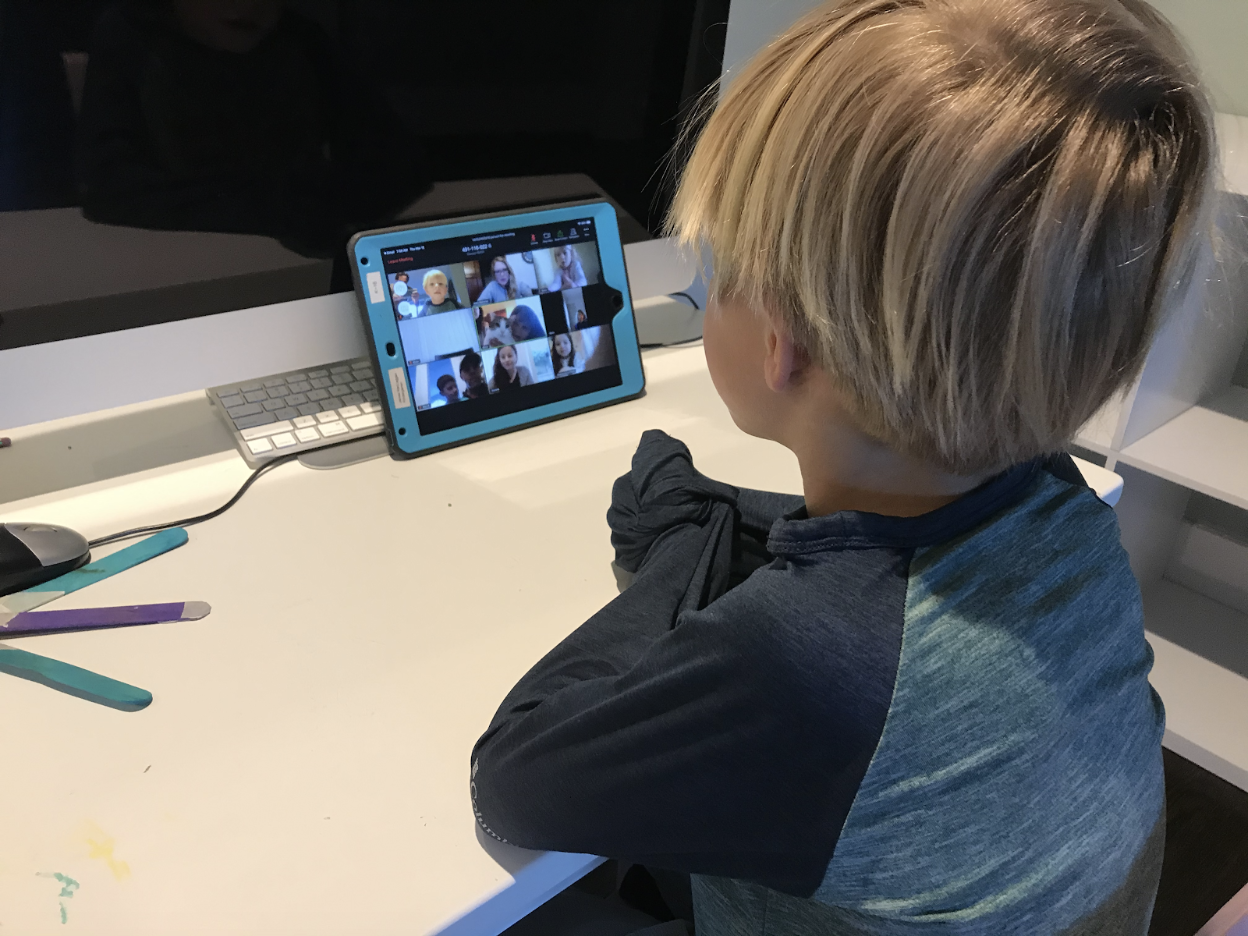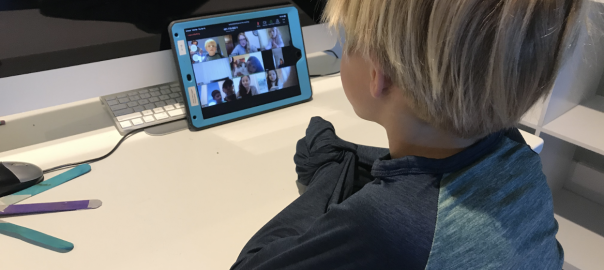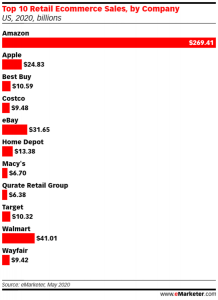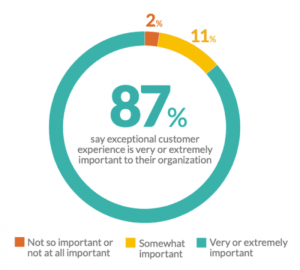We are in uncharted waters. The changes from Covid-19 are already widespread and they will be long-lasting. Like many other companies, we at Marin have been dealing with working from home, canceled travel plans and figuring out distance learning. I just got off a conference call with 30 kindergarteners and I have to admit it was pretty amusing.

Most countries are significantly restricting social contact to avoid medical system overload. After the initial shock of these restrictions, things will adjust to the new normal, a dramatically accelerated version of the “Stay at Home Economy” trend.
The first priority needs to be the health and safety of our families, the elderly, and our communities at large. As people adjust to the new routines they’ve been forced into, they will look to fulfill even more of their needs online. And digital marketing will be on the front lines.
I think there are two questions that, as marketers, we should all be asking of our companies:
- What can I do to help? Are there things that we can be doing that will make staying at home easier or better? Can I reduce friction for my customers in these challenging times?
- How should I adjust my marketing programs? The impact of this is widespread but not even. Some industries will be hit hard, while others will benefit (see Zoom). As a digital marketer, what adjustments should I be making to my marketing programs?
What can I do to help?
- Be Generous. Many companies with tools to help people work remotely are offering their services free during this time. Newspapers are lowering paywalls to make sure that people can stay informed. Zoom is offering its service free to public schools. Yogaworks is offering its online workout classes free until further notice (promo: ONLINE) to enable people to workout remotely.
- Be Flexible. We are all going to be changing plans, canceling trips, adjusting schedules. Let’s make it easy for our customers to do the right thing and help to reduce the severity of this by reducing the friction of making these adjustments. Airlines are waiving most change and cancellation fees. Airbnb has followed suit, and so have Disneyland and Disney World Resorts. Vail Resorts is offering full refunds to international reservation-holders, and free rebooking to domestic reservation-holders. How can your company help?
- Be Patient. Hourly workers are going to be especially hard hit as schools start to get canceled. Parents will need to stay home, meaning they can’t work (in many cases they can’t work anyway because their workplaces will be closed). Companies (and the US government) are starting to relax deadlines and late payment penalties to help people. Is this something that your company could do?
How will my industry be impacted?
You’re probably already seeing the impact in your volumes and conversion rates. You know your business better than we do but obviously travel/hospitality is already heavily impacted. Anything related to events will be similar. Companies offering products that make it easier to stay at home could benefit, including eCommerce, meal delivery, and streaming media. People are less likely to be making purchases that require longer consideration cycles at the moment, so we expect lower volumes and conversion rates in automotive and education. Sectors like financial services are less clear. With interest rates coming down and a recently-volatile stock market, expect a lot of activity in this sector.
How should I adjust my marketing programs?
- Bidding: It’s key to remember that you should think about changes in volume and changes in conversion rate separately. If volumes are going down but your conversion rates aren’t changing, you might not need to adjust your bids. But if conversion rates are changing you’ll want to change your bids. If you are using an automated bidding system (Marin or Smart Bidding), your bids will automatically adjust; however, you might want to temporarily add a boost to account for a step-change in performance. On Marin, you can use excluded dates to focus the sampling period.
- Budgets: For those advertisers seeing an increase in demand, make sure you aren’t hitting your budget caps and limiting the potential of your campaigns.
- Messaging: Review your messaging and make sure it’s relevant in the current environment, especially if you have changed your services or policies. This impacts your website first and foremost, but your ads should match. Sitelinks can be a great way to communicate such changes.
- Channel Impact: If you are a multichannel retailer, you may expect to see a shift from offline to online for conversions as consumers try to buy more online. If you sell through Amazon, your Prime support will be critical to “own the buy box” as more households will sign up for Prime. You can now send consumers directly to third-party retailers from ad sitelinks or headlines, which is important to test for effectiveness (Marin is working on an attribution tool with Amazon to connect Amazon purchases to ads on other publishers– contact us for more info).
Be Thoughtful
Focus on how you can help and protect your community of co-employees and customers, not just shareholders. Review your plans and messaging within and outside your team to ensure that you are being responsible to the business, but not look like you are “taking advantage” of the situation. How would you feel reading about your marketing tactics on the front page?
Let’s all remember to stay safe and healthy, and to be kinder than necessary as we all try and figure how to thrive in this new world.
Business & Finance Articles on Business 2 Community
(46)







